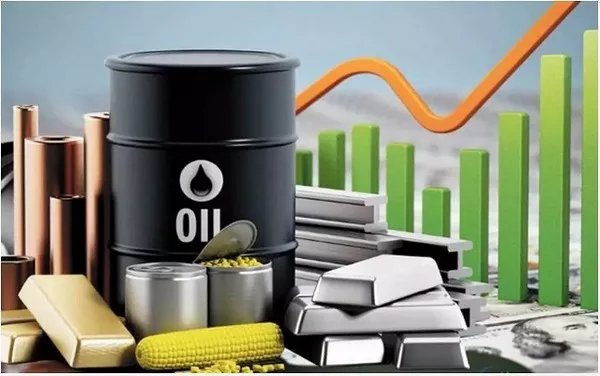Oil futures contracts play a vital role in the global energy market, allowing participants to buy or sell oil at a predetermined price for future delivery. These contracts are traded on various exchanges worldwide and have a significant impact on the pricing and stability of the oil market. Understanding how much an oil futures contract costs involves considering several factors, including supply and demand dynamics, geopolitical events, market sentiment, and other economic indicators. In this article, we will delve into these aspects to shed light on the pricing of oil futures contracts.
Defining Oil Futures Contracts:
An oil futures contract represents an agreement between two parties to exchange a specified quantity of oil at a predetermined price on a future date. The standardized nature of these contracts allows participants to mitigate price volatility and manage their exposure to oil price fluctuations. The pricing of oil futures contracts is influenced by several key factors.
Supply and Demand Dynamics:
The fundamental principle of supply and demand significantly impacts the pricing of oil futures contracts. When demand for oil exceeds supply, prices tend to rise, leading to higher futures contract prices. Conversely, if supply outstrips demand, prices decline, resulting in lower futures contract prices. Factors affecting supply and demand include geopolitical tensions, production levels, inventories, refinery capacity, economic growth, and environmental policies.
Geopolitical Events:
Political instability, conflicts, and sanctions in major oil-producing regions can disrupt supply and affect the pricing of oil futures contracts. For example, events such as wars, regime changes, or trade disputes can lead to uncertainty surrounding future oil production and transportation, causing prices to fluctuate. Traders closely monitor geopolitical developments and factor them into their pricing models.
Market Sentiment and Investor Behavior:
Market sentiment, driven by investor psychology, plays a crucial role in determining the pricing of oil futures contracts. Traders and investors analyze economic indicators, news, and forecasts to assess the direction of oil prices. Positive sentiment, driven by factors such as economic growth or positive industry news, can lead to higher contract prices. Conversely, negative sentiment, fueled by concerns over economic slowdowns or geopolitical risks, can push prices downward.
Economic Indicators:
Various economic indicators influence the pricing of oil futures contracts. Key indicators include gross domestic product (GDP), employment data, inflation rates, interest rates, and currency exchange rates. Strong economic growth typically leads to higher demand for oil, resulting in increased contract prices. Similarly, high inflation or interest rates can impact pricing by affecting consumer demand and production costs.
Seasonal Factors:
Seasonal patterns also affect the pricing of oil futures contracts. For instance, colder winter months tend to increase demand for heating oil, driving up prices. Conversely, the summer season sees heightened demand for gasoline due to increased travel, which can impact prices accordingly. Traders consider these seasonal trends when pricing oil futures contracts.
Storage Costs and Carrying Charges:
The cost of storing and transporting oil also influences the pricing of futures contracts. Storage costs, including leasing tanks and maintaining inventory, factor into the overall price. Additionally, carrying charges, which represent the cost of financing and insuring the oil while in transit, are incorporated into the futures contract prices. These costs can fluctuate depending on market conditions, availability of storage facilities, and transportation infrastructure.
Conclusion:
Determining the price of an oil futures contract involves analyzing a multitude of factors, from supply and demand dynamics to geopolitical events, market sentiment, economic indicators, seasonal patterns, and storage costs. Traders and investors closely monitor these variables and employ various pricing models to gauge the fair value of futures contracts. While these contracts provide participants with opportunities for hedging and speculation, it is essential to recognize the inherent risks associated with trading oil futures. As with any investment, thorough research, risk management, and understanding of market dynamics are crucial for success in this complex and dynamic market.


